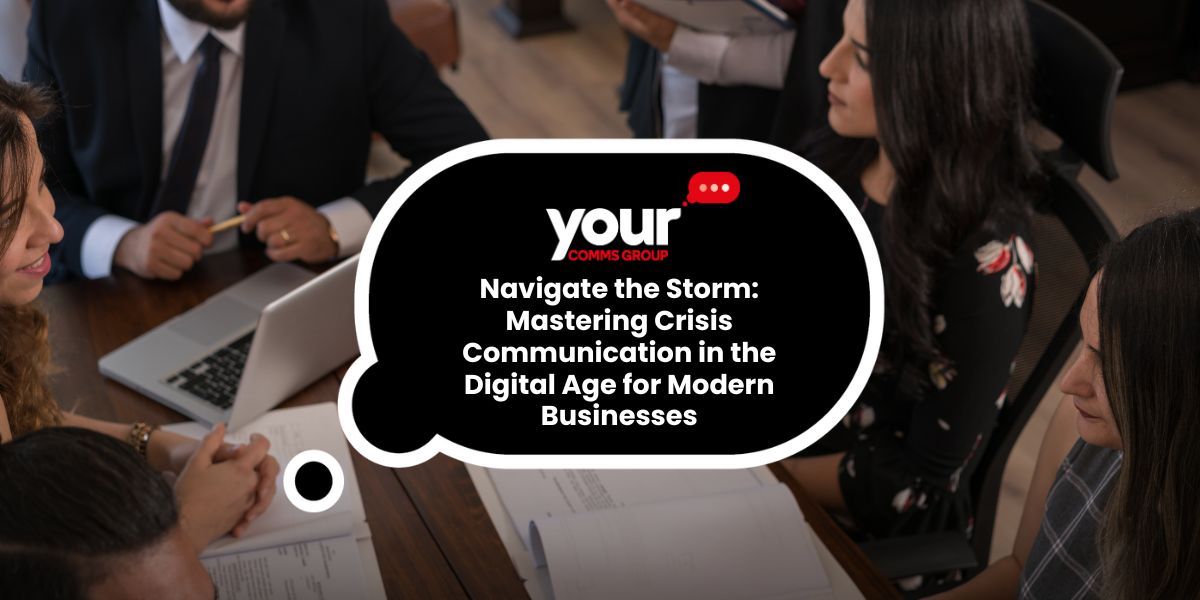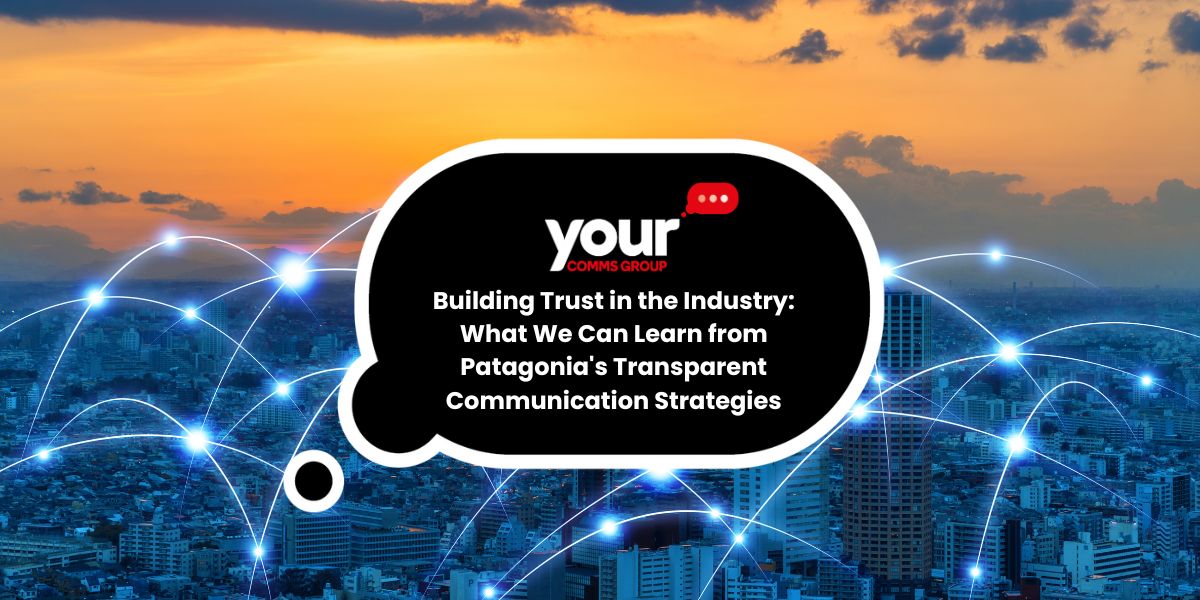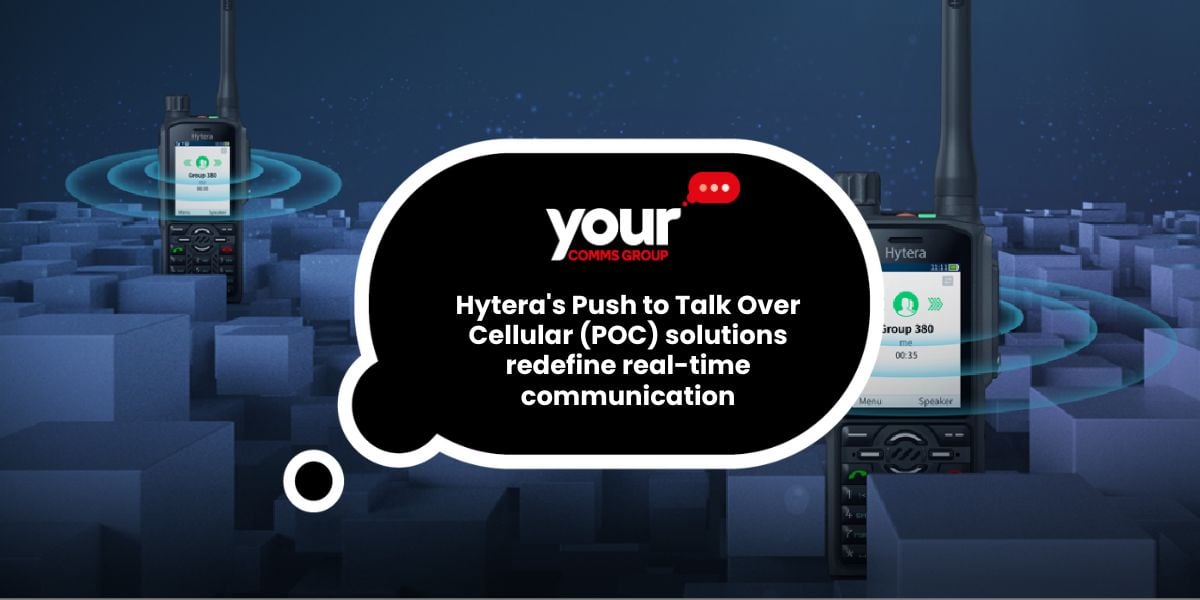Cybersecurity Best Practices for Your Communication Tools
In this digital landscape, it is essential to have a communication tool for every business to enable seamless collaboration between employees. With...
2 min read
James Etherington : Feb 19, 2024 1:00:00 PM

Modern businesses must keep learning about effective crisis communication, yet it may still be misunderstood or underestimated. Many need to foresee potential crises and quickly escalate communication strategy, which damages brand integrity. Effective crisis communication is vital in building reputation and trust within and with the customers.

In public relations, crisis communication is a strategic approach to corresponding with people, stakeholders, and organisations during a disruptive event which may threaten an organisation’s reputation. It includes several points following:
A proactive, quick, and detailed communication strategy is critical when a crisis happens.
In this article, we will learn how to address effective crisis communication strategies as a proactive point to protect and enhance brand reputation.
Businesses may need help anticipating potential crises, making developing proactive and effective crisis communication plans challenging.
Start by conducting risk assessments and scenario planning exercises. Break down the points of potential crises with more profound, detailed situations and damage chances. Start scenario planning exercises to anticipate these risks and be more prepared.
Next, establish crisis communication teams and roles to clarify who should be involved in crisis communication efforts, including spokespeople, decision-makers, and coordinators.
Organisations may also hold regular employee training exercises, leaving them more prepared to identify and handle crises effectively. It is better to recognise a crisis quickly before it rises too high.
2. Communicating Transparently with Stakeholders

Building trust and credibility among stakeholders should include the importance of transparency, even when delivering difficult news. The tendency to withhold information about crises may result in worse effects, jeopardising the organisation’s trustworthiness or finances. Although communicating this might be challenging, clear and concise messaging should be delivered alongside opportunities for stakeholders to ask questions and seek clarification. Never close the communication door and be passive with feedback.
Some may fear adverse reactions or backlash from stakeholders, but acknowledging mistakes, taking responsibility, and demonstrating a commitment to make amends will be more appreciated.
While discussing the matter of crisis communication, always align the efforts with the organisation’s core values and principles. Prioritise authenticity and consistency in messaging, and avoid making short-term reputation management decisions. Engage with stakeholders proactively leverage social media and digital platforms effectively to manage public perception. Focus on delivering a solution instead of blaming the other party.
Unlock Resilient Communication in Times of Crisis with Your Comms Group.
Discover how our advanced solutions—from Business Mobile Solutions to IoT and MDM—can safeguard your business communications, ensuring clarity, security, and continuity when it matters most.
Equip your business for the unexpected and stay ahead in the digital era.
Embrace the future of crisis communication with Your Comms Group. Click here to fortify your communication strategy today.
Connect with us now.
Get in Touch

In this digital landscape, it is essential to have a communication tool for every business to enable seamless collaboration between employees. With...

Building consumer trust in today's businesses is crucial in all industries. Concerns about corporate responsibility regarding environmental...

Push to Talk Over Celluar (POC) offers the seamless communication needed in the rapid technological advancement era that we are in. As a...